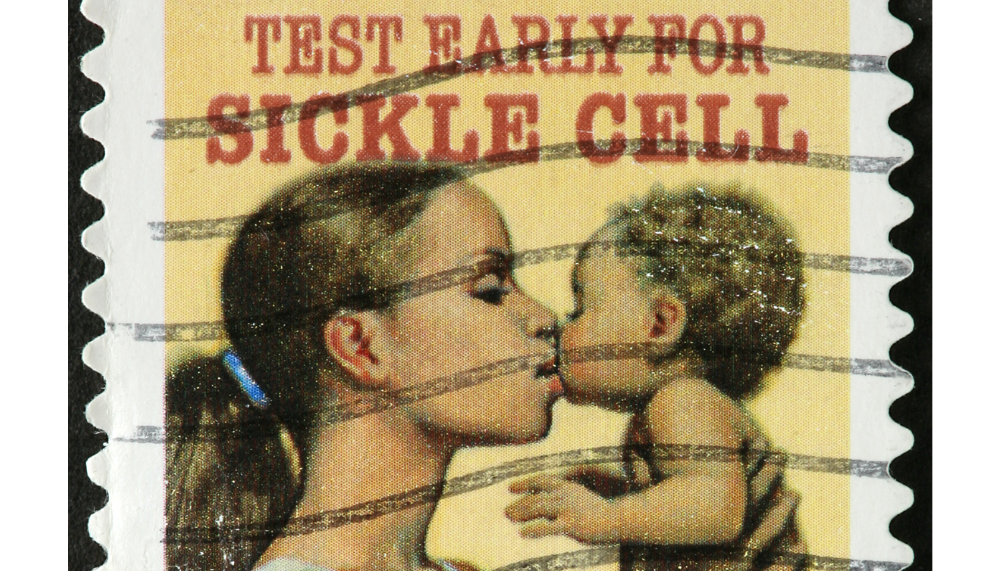What is Sickle Cell Disease?
Sickle cell disease (SCD) is a genetic blood disorder where red blood cells are shaped like a sickle (crescent) instead of being round. These sickled cells can block blood flow, causing pain, infections, and organ damage. In Nigeria, SCD is particularly common—with over 150,000 babies born each year with the condition.
Why Sickle Cell is a Major Concern in Nigeria
Nigeria has the highest burden of sickle cell disease in the world. Due to cultural beliefs, limited genetic counseling, and inadequate healthcare access, many children with SCD do not survive past early childhood. However, with education and proper medical care, individuals with sickle cell can live long and fulfilling lives.
How is Sickle Cell Inherited?
SCD is inherited when both parents carry the sickle cell trait (AS). If both are carriers:
- There’s a 25% chance of having a child with sickle cell disease (SS).
- A 50% chance the child will be a carrier (AS).
- A 25% chance the child will have normal blood cells (AA).
This makes genotype testing before marriage crucial.
Common Symptoms of Sickle Cell Disease
- Severe pain crises
- Swelling in hands and feet
- Frequent infections
- Anemia (fatigue and weakness)
- Delayed growth in children
- Vision problems
How to Manage and Live with Sickle Cell
-
Regular Medical Check-ups
Early diagnosis and routine health visits help prevent complications. -
Proper Nutrition
A balanced diet with iron-rich foods supports healthy blood function. -
Stay Hydrated
Water helps prevent blood cells from sickling and blocking blood vessels. -
Avoid Triggers
Stress, extreme temperatures, and strenuous exercise can trigger pain crises. -
Vaccination and Infection Control
Preventing infections is key, as SCD patients are more vulnerable. -
Access to Medication
Medicines like folic acid and hydroxyurea improve health outcomes.
Support for Families and Patients
Nigeria now has sickle cell foundations, support groups, and NGOs offering:
- Free genotype testing
- Counseling services
- Access to medications
- Awareness campaigns in schools and churches
Sickle cell disease does not have to be a death sentence. Through awareness, screening, and improved healthcare, Nigerians affected by SCD can thrive. Get tested. Get informed. Save a life.

very informative! especially about genotype testing before marriage to avoid the risk of giving birth to babies with sicle cell